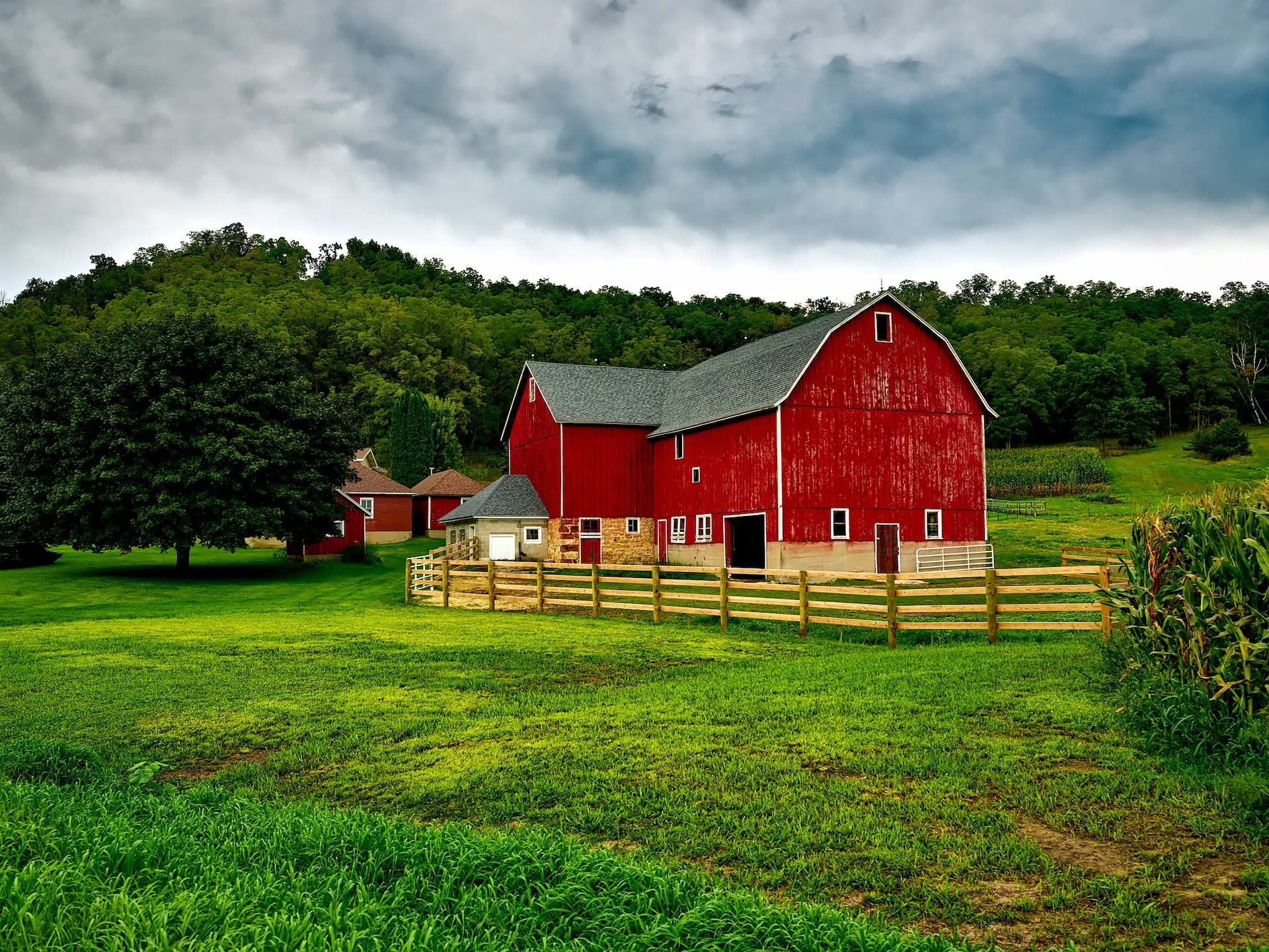

Question: What Qualifies as a Farm in Ontario?
Answer: In Ontario, a farm typically qualifies as land used for agricultural purposes, such as crop production, livestock raising, or horticulture, meeting specific criteria set by provincial regulations.
What Qualifies as a Farm in Ontario? Defining a Farm
Understanding what qualifies as a farm is important for anyone involved in agriculture or considering entering this sector. This blog post focuses on the specific criteria that define a farm, providing clarity for those seeking to establish or operate a farm.
Understanding the Agricultural Landscape
The Significance of Agriculture
Agriculture plays a vital role in the economy and the sustenance of communities. Recognizing what qualifies as a farm is fundamental to understanding and navigating the agricultural sector.
The Broad Spectrum of Agriculture
Agriculture encompasses a wide range of activities, from small-scale organic farming to large commercial operations. This diversity means the definition of a farm can vary significantly.
Related Article: Expert Rural Realtors
Related Article: Professional Land Realtors
Key Criteria for Qualifying as a Farm
Land Usage
One primary criterion for a property to qualify as a farm is its use of land for agricultural purposes. This includes activities like crop production, raising livestock, and other forms of primary agricultural production.
Scale of Operation
The scale of the operation is another factor. While there’s no strict minimum size, the operation should be significant enough to contribute to agricultural production.
Related Article: What are the Characteristics of the Rural Market?
Legal and Regulatory Framework
Zoning and Land Use Regulations
Farms must comply with specific zoning and land use regulations. These rules govern what activities can be conducted on the land and ensure that farming operations align with environmental and community standards.
Compliance with Agricultural Policies
Farms must also adhere to national and regional agricultural policies. These policies cover aspects like food safety, animal welfare, and environmental protection.
Financial Aspects of Farming
Revenue Generation
To qualify as a farm, the operation typically needs to generate revenue. While profit isn’t a strict requirement, the intent to engage in commercial agricultural activity is essential.
Tax Implications
The classification of a property as a farm can have significant tax implications. Farms often qualify for tax benefits and exemptions, making understanding the financial aspect of farming crucial.
Farming Infrastructure and Resources
Essential Farming Infrastructure
The presence of agricultural infrastructure, such as barns, irrigation systems, and storage facilities, can be indicative of a farm. This infrastructure supports the operational aspects of farming.
Access to Resources
Adequate access to resources like water, fertile land, and agricultural inputs is also a factor in qualifying a property as a farm. These resources are necessary for successful agricultural production.
Challenges and Considerations in Farming
Overcoming Agricultural Challenges
Farming faces numerous challenges, including climate change, market fluctuations, and resource constraints. Navigating these challenges is part of managing a successful farm.
Future Considerations
Prospective farmers must consider future trends in agriculture, such as technological advancements and shifting consumer preferences. Adapting to these changes is key to the long-term viability of a farm.
Check out the homepage for more info about Jennifer Jewell
Conclusion: Embracing Agricultural Opportunities
Defining a farm involves considering various factors, including land use, scale of operation, compliance with regulations, financial aspects, infrastructure, and resource availability. Understanding these criteria is essential for anyone looking to establish or operate a farm. Embracing these aspects opens up opportunities for success in the dynamic and ever-evolving world of agriculture.


